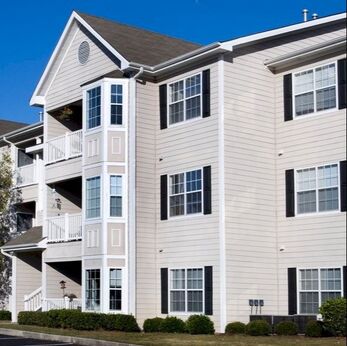Securing MDU Web Traffic Through Robust Encryption Standards to Protect User Confidentiality and Data Accuracy
Securing MDU Web Traffic Through Robust Encryption Standards to Protect User Confidentiality and Data Accuracy
Blog Article
Within today’s online landscape, protecting web data is more important than ever, especially in Multi-Dwelling Buildings (MDUs) such as flat complexes and condominiums settings. Such settings frequently have numerous tenants sharing the identical web connection, which can result to potential safety risks. To guarantee that users' privacy and information integrity are maintained, it is essential to adopt strong encryption protocols. Data encryption is a method that encodes information, rendering it inaccessible to individuals who do not have the correct key to decode it. This procedure helps maintain individual information secure from cybercriminals and unauthorized access.
A of the most widely used coding protocols is SSL Socket Layer (SSL) and its replacement, TLS Layer (TLS). These standards establish a secure link between a resident's device and the internet, ensuring that all information exchanged remains confidential. When tenants in an MDU use websites that utilize SSL/TLS, their private information, such as login credentials and credit card details, is secured. This means that even if someone tries to intercept the data, they would merely see a mess of letters and numbers, making it almost unfeasible to understand. By encouraging the adoption of such standards, MDUs can significantly enhance the security of their tenants' internet activities.
Another important coding technique is VPN Private Network (VPN) solutions. A VPN establishes a protected tunnel for internet traffic, which safeguards users from invasive observers, particularly when using public Wi-Fi networks. In an MDU, in which numerous residents may connect to the same network, employing a VPN can assist guarantee that personal internet activities remain private. This is especially important for tasks such as online banking or accessing confidential data. By encouraging the adoption of VPNs among tenants, MDUs can foster a safer online environment and help safeguard against information leaks.
In addition to such coding techniques, it is vital for MDUs to educate their residents about the significance of online security. Numerous people may not be conscious of the risks associated with utilizing common web connections. Providing resources on how to identify phishing attempts, the necessity of robust passwords, and the benefits of employing secure sites data loss prevention for mdu can empower residents to assume charge of their online security. Seminars or informational sessions can be beneficial ways to increase awareness and encourage optimal habits for internet security.
Ultimately, MDUs should think about working with internet provider providers (ISPs) that prioritize safety and offer advanced coding features. By partnering with ISPs that implement robust encryption protocols, MDUs can guarantee that their residents have access to protected web services. This collaboration can lead to enhanced overall security for the whole building, as well as increased confidence among residents. By taking these measures, MDUs can create a more secure internet environment, safeguarding resident confidentiality and data integrity in an ever more connected environment.